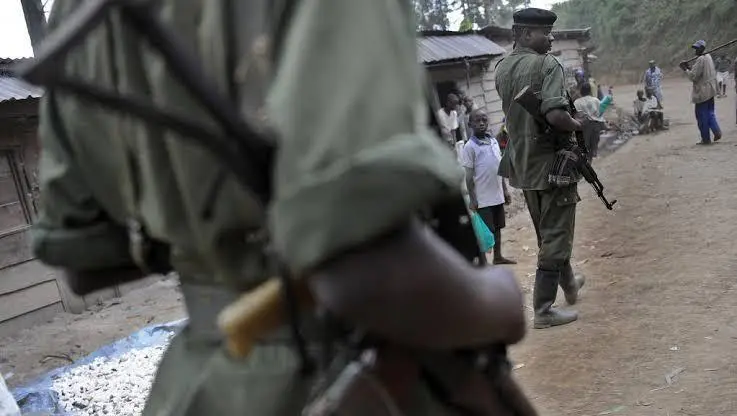France Signals Openness to Dialogue with Niger Over Colonial-Era Looted Artifacts

Photo: Sputnik France
July 15, 2025 Hour: 2:21 pm
France has expressed willingness to engage in bilateral dialogue with Niger regarding the restitution of cultural artifacts looted during its colonial expansion in West Africa, particularly during the 1899 Mission Afrique Centrale (MAC)—one of the most violent campaigns in the region’s history.
In a letter to UN Special Rapporteur Bernard Duhaime, French UN representative Jérôme Bonnafont stated that France is open to provenance research and patrimonial cooperation, though it stopped short of acknowledging responsibility for the atrocities committed during the MAC expedition.
The campaign, led by Captains Paul Voulet and Julien Chanoine, resulted in the massacre of thousands, the burning of villages, and the looting of cultural treasures across present-day Niger. Despite awareness of these crimes at the time, France conducted no official inquiry, and no officers were held accountable.
The current case was initiated by descendants of victims from four Nigerien communities, who are demanding access to archival records, recognition of the atrocities, and the return of stolen artifacts, some of which remain in French museums.
France’s response cited the non-retroactivity principle of international law, arguing that treaties addressing such violations were ratified long after the events occurred. It also noted that no formal restitution requests have yet been received from Nigerien authorities.
This development comes amid a broader reckoning with France’s colonial past. In recent years, Paris has issued formal apologies for its role in the Rwandan genocide (2021), the Sétif massacre in Algeria (2022), and the Madagascar uprising (2023).
However, relations between France and Niger have deteriorated since the military coup of July 2023, which ousted President Mohamed Bazoum. France withdrew its troops from Niger in December 2024, ending a strategic alliance that had included uranium exports vital to France’s nuclear energy sector.
The restitution debate is part of a wider continental push for reparations and cultural justice, with the African Union declaring 2025 the Year of Reparations. The case will be included in the next UN human rights report and presented to the General Assembly in October, potentially setting a precedent for future claims.
Author: OSG
Source: sputnik






